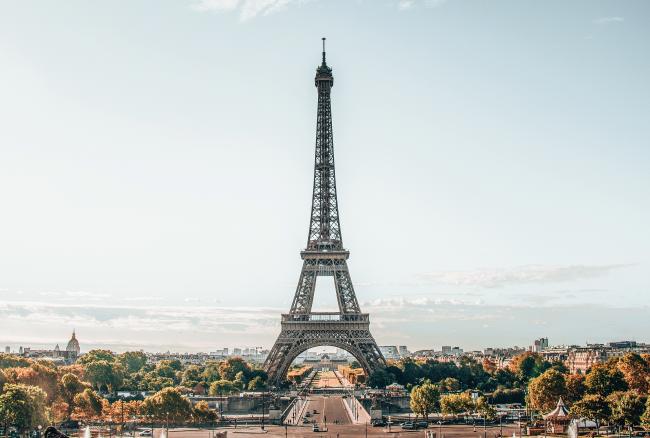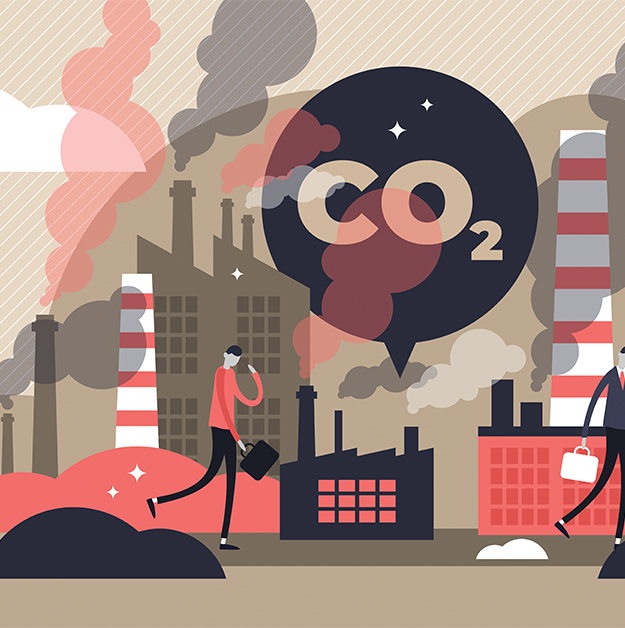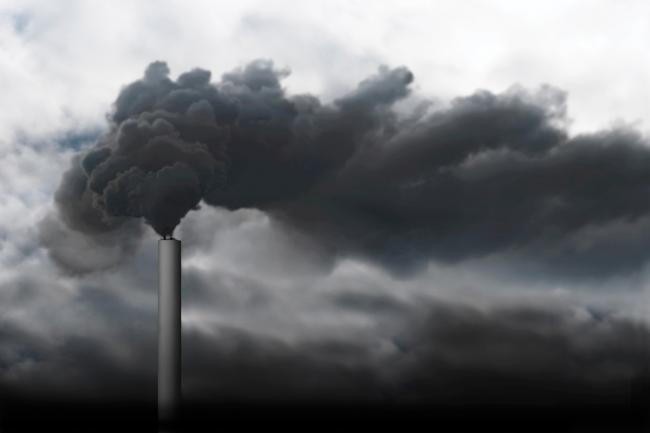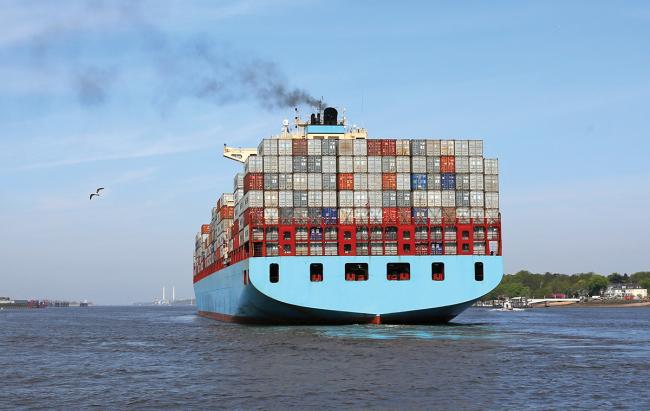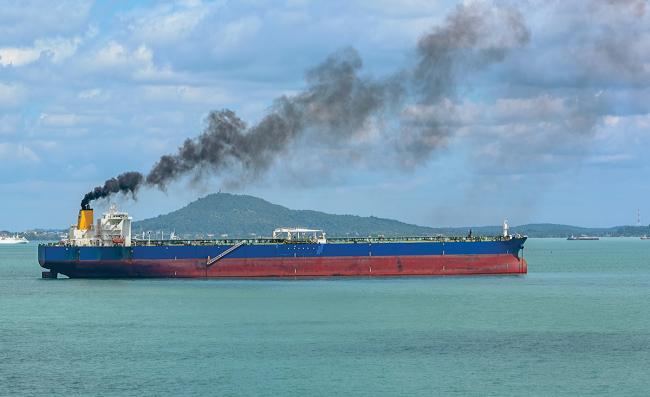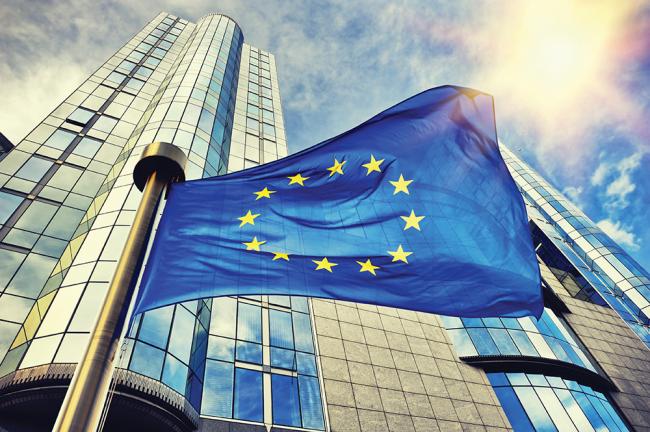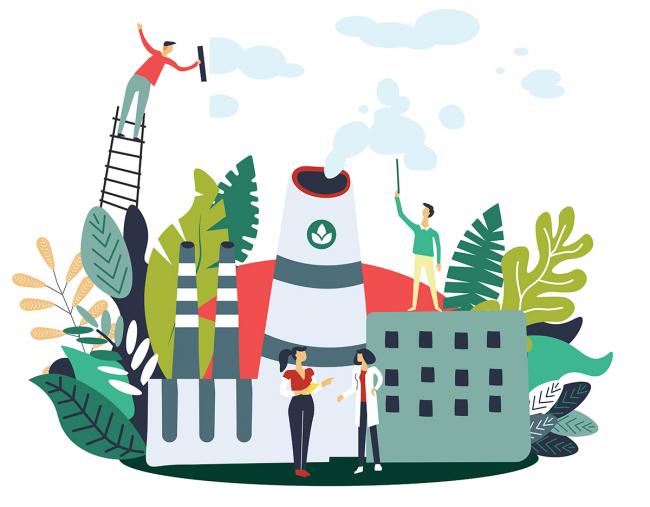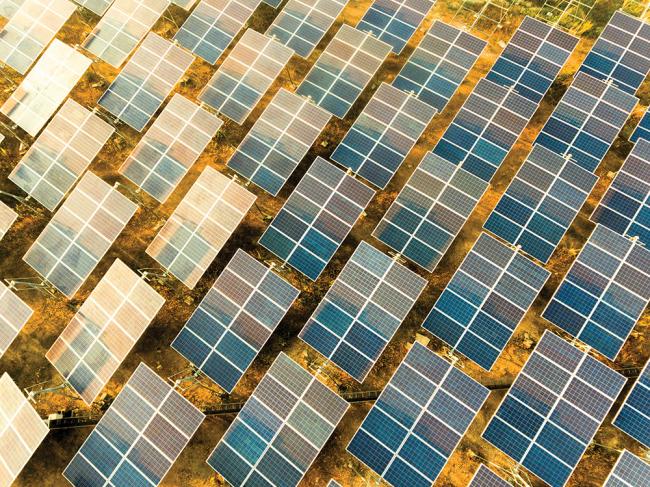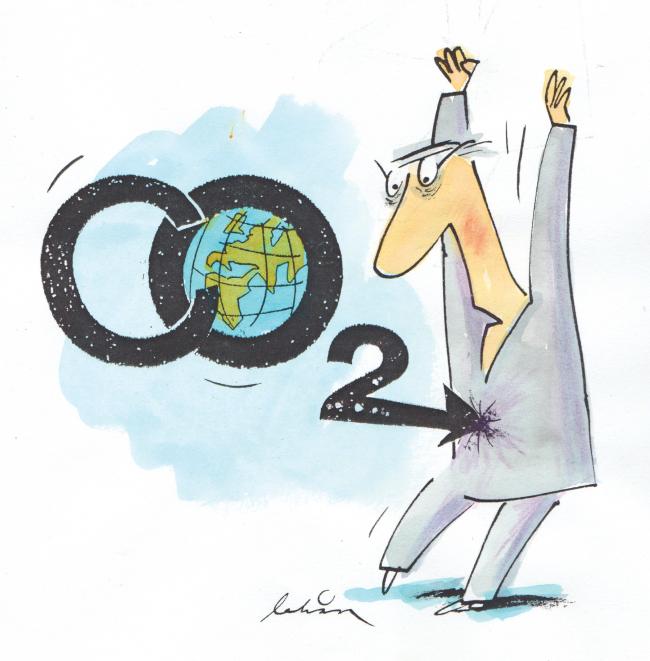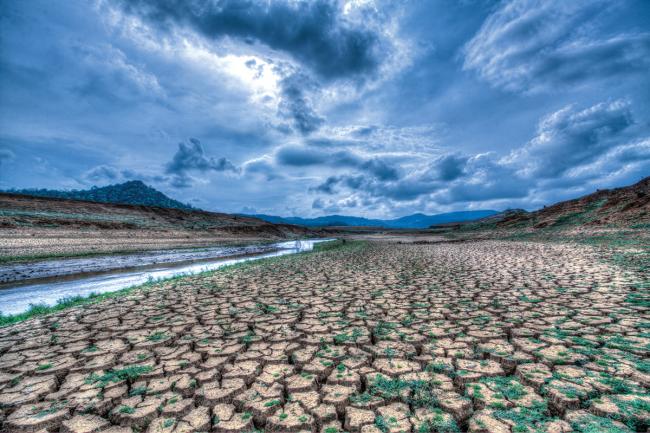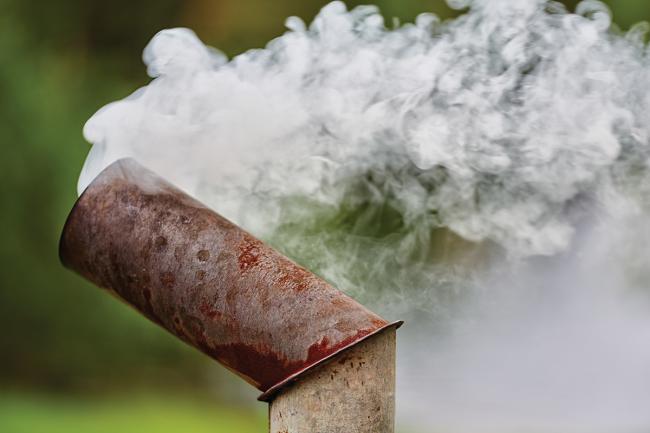Much is at stake when the Swedish government decides whether to grant a permit for the residue oil conversion complex (ROCC), an expansion of the Saudi-owned Preem refinery in Lysekil in West Sweden. It would increase the CO2 emissions with one million tons per year from about 1.6 Mton to 2.6 Mtons per year for decades ahead. It would make the Lysekil refinery the top emitter in Sweden.
The Environmental Court gave the green light for the ROCC in 2018, and the higher court agreed in June 2020. They said that the courts cannot interfere with emissions inside the EU European Trading System (ETS).
The final decision will be taken by the government, in an unusual procedure1.
The case is a test for the Swedish Climate Law of 2017, which stipulates that emissions be reduced to at most 10.7 Mt of greenhouse gases by 2045, or 85 percent less than the 1990 baseline. This will be hard to achieve if some 2.6 million tons are ringfenced, along with other companies in Sweden within the ETS. Together they emitted 18.8 Mt in 2019, none of which is to be touched by national policy if the courts got it right.
The Emission Trade Directive 2003/87 does indeed rule out the setting of conditions or limit values on operations participating in the ETS. The courts’ interpretation that the ETS is the “one ring to rule them all” is nevertheless controversial.
All member states, and the European Union itself, have implemented a large number of policies that have interfered with the ETS. Policies for renewable power and efficient use of electricity and heat have pushed CO2 prices down, sometimes to a level much below expectations.
The Swedish Climate Law was not unique. The UK legislated on a Climate Law in 2008, requiring the government to cut emissions by 80 per cent between 1990 and 2050, in 5-year steps. It was created by a Labour government but the Conservatives, in coalitions or alone, have stuck to it so far.
The UK found the ETS so wanting that it set a floor price2 from 2013, increasing each year, that was much higher than the ETS price. The EU did not stop the UK. Instead it followed suit a few years later, and raised the price for the whole of Europe, in a series of complicated moves that were clearly against the original 2003 principles, by bending and twisting the system.
The reason why the UK did so, followed by the rest of the EU, was of course that the ETS did not deliver greenhouse gas reductions on a meaningful scale for most of the period from 2005 to 2017.
Sweden was not first, nor is it last. Germany has bypassed the ETS with climate goals of its own, and with the decision to phase out coal and lignite by 2038. This has been criticised as too little and too late, but it is not dependent on the ETS.
France has legislated on climate neutrality by 2050.
In the Netherlands, the government was even forced by a court to act against emissions within the ETS. Greenhouse gas emissions in the Netherlands must be reduced by 25 percent (compared to 1990 levels) by the end of 2020. This was ruled by The Hague District Court in 2015 in the case of the Urgenda Foundation against the Dutch State, later confirmed by higher courts.
The Swedish courts’ view is that the 2003 Directive is a fixed framework with an untouchable inner logic. Most politicians in Europe on the other hand see the ETS as a work in progress. If it works, it works. If not, try something else. The authors of the directive could hardly have foreseen the possibility that they would create a wall of protection for climate offenders against their governments. Even if they did, this is not what the Council and Parliament ask for now, and not necessarily what the EU Court will say. There are tensions and cracks in the climate legal structure.
So Preem is a test case for all of Europe, one of many, for the original ETS against other climate laws and targets.
It will also be closely watched by oil and gas exporting countries, especially Norway, Saudi Arabia and Russia.
Norway is just 100 km away from Preem Lysekil. Hydrogen and some of the oil for the refinery come from Norway. Norway intends to extract oil and gas for many years. A new oil field was inaugurated in January 2020.
CCS is an existential issue for Norway’s oil and gas; there is no other way to lay claim to being a climate leader while also keeping the oil and gas flowing. Now that CCS for power stations looks less and less credible, the Norwegian-led CCS lobby is pushing more and more new applications, such as bio-CCS and CCS for emissions from heavy industry. The latest thing is “blue hydrogen” produced from natural gas with CCS, which hardly exists yet and must prove its value compared with “green hydrogen” from water electrolysis and renewable power.
Norway funds CCS research and an ongoing pilot project at Preem Lysekil with money from government-owned or controlled entities such as Equinor, Gassnova, CLIMIT and Sintef 3,4. Norwegian lobbyists are all over the place in Sweden, and managed to push “negative emissions” as a major plank for the Centre Party and one of the 73 points of agreement for the parliamentary majority behind the Labour/Green government in January 2019. Before that, there was hardly any discussion about CCS in Sweden, which has no gas, oil or coal.
Preem’s ROCC project, and especially the plan to store 0.5 million tons of CO2 per year from a hydrogen factory, fit into the Norwegian blueprint in several ways. It intends to use Norwegian gas as LNG. The CO2 will be transported by Norwegian ships to Norwegian storage, making Preem one of the few prospective foreign “customers” for CO2 storage. Preem could open the door for other Swedish customers, such as a cement factory and a Fortum waste power plant in Stockholm – with much of the cost covered by the Swedish government.
Norway has sided with some of the worst emitters and climate obstructionists for many years. It is a member of the Umbrella Group, along with the United States, Canada, Russia, Japan and Australia5, instead of aligning with the EU. This paid off well in Kyoto 1997, when Norway was awarded an increase of emissions between 1990 and 2010. Its actual CO2 emissions also increased 16 percent6 between 1990 and 2019. Other GHGs have fallen, but outside the core of the oil and gas industry. A target has been set to cut emissions in the future, but the fine print says offsets.
Norway has never tried to deny the climate challenge. But it acts to protect its own interests, which means delaying action, and keeping the gas and oil flowing as long as possible. It has usually supported all kinds of “somewhere else” research and policies in the name of cost-effective climate action.
The Saudi connection is more straightforward. Preem is owned by the Saudi citizen Mohammed al-Amoudi.
Al-Amoudi is worth about 9 billion US dollars, according to Bloomberg. High-level business in Saudi Arabia is never far from politics, as Al-Amoudi found out in late 2017 when he was held captive for 14 months along with other billionaires (in a luxury hotel) in an “anti-corruption campaign”. They were released after paying up a total of 107 billion dollars, according to Al Arabiya.
Saudi Arabia recently sought to remove the term “fossil fuel subsidies” from expert briefings ahead of the G20 summit7, under Saudi presidency. The G20 took a stand against such subsidies in 2009 and this has been reaffirmed every year since.
Saudi Arabia is the 2020 chair for the G20, an organisation for rich and/or powerful governments, attended by the world leaders in person at the annual summits. The totalitarian ruler Crown Prince Mohammed bin Salman bin Abdulaziz al-Saud, known as MBS, will host the next summit in Riyadh in November.
Saudi Arabia is in its own words “not only a key player in the region, it plays an important role in stabilising the global economy”. It played an active part in overthrowing the elected Morsi government in Egypt in 2013. It has financed many of the fiercest jihadists in Syria and Iraq, and waged a war on Yemen, leaving 100,000 dead and now the worst humanitarian catastrophe on Earth. According to the CIA, MBS personally ordered the killing of the journalist Jamal Khashoggi. Saudi Arabia financed Pakistan’s atomic bomb, and may have plans for a bomb of its own, judging by the long-range missiles acquired from China.
But never mind that. Everyone will be there – Covid-19 permitting – ready to smile at the concluding photo-op in Riyadh on 22 November: Xi, Putin, Trump, Macron, Trudeau, Abe, Johnson, Bolsonaro, Merkel, Modi, Ramaphosa, Erdogan, von der Leyen to name a few. Nobody ever declines an invitation from MBS.
Since 1992, Saudi climate negotiators have consistently undermined negotiations in the UN climate convention with rudeness and endless technicalities. In preparation for the Riyadh G20 summit, a softer (perhaps more Norwegian) rhetoric will be tested. Its headlines include “Empowering people” (“Create conditions under which all people especially women and youth can work and thrive” indeed!), “Safeguarding the Planet” and “Shaping New Frontiers”8.
A new concept, created for the occasion is “Circular Carbon Economy”:
“Under the Saudi Presidency, the G20 will discuss the concept of a circular carbon economy, covering a variety of energy solutions and technologies, underpinned by research, development and innovation (RD&I) to ensure cleaner, more sustainable and affordable energy systems.”
Cleaner Energy Systems include⁹:
- Nuclear power
- CCU / E2V
- CCS
- Direct Air Capture
The circular carbon economy is thus likely to involve continued combustion of fossil fuels either with CCS or with CO₂ emitted and then recaptured from the air with gigantic vacuum cleaners.
With something close to a world record in greenwashing, the Saudi G20 circular carbon economy is symbolised by four Rs, standing for reduce, reuse, recycle and remove. (Déja-vu, yes! The waste hierarchy.)
Reduce is to be achieved through nuclear power, efficiency and renewables.
Reuse means “convert carbon into another useful industrial feedstock” including E2V, which is decoded as “emissions to value”.
Recycle includes bioenergy (probably because it can take up some of the fossil CO₂) and hydrogen.
Remove is CCS and Direct Air Capture.
Preem’s plans check several boxes here.
Al-Amoudi has also personally “promoted enhanced oil recovery for many years. In 2008, the sheikh funded King Saud University’s Sheikh Mohammed Bin Hussein Al Amoudi Enhanced Oil Recovery (EOR) Research Chair which has established itself as an invaluable resource of knowledge and research for the Saudi petroleum industry”, according to that university10. Preem withdrew its application on 28 September 2020, citing changing economic conditions. According to the daily Dagens Nyheter, the decision was triggered by a decision by the tax authority to refuse a respite for payment of large amounts of tax.
Fredrik Lundberg
1. www.airclim.org/acidnews/swedish-refinery-crossroads-2x-fossil-future-co...
2. https://ember-climate.org/wp-content/uploads/2016/11/Sandbag_Carbon_Floo...
3. https://news.cision.com/se/preem-ab/r/preem-gor-forstudie-om-koldioxidin...
4. https://www.preem.se/om-preem/hallbarhet/ccs/
5. https://www.europarl.europa.eu/thinktank/en/document.html?reference=IPOL...(2019)642344
6. Source BP statistics June 2020
7. www.climatechangenews.com/2020/07/14/saudi-arabia-censors-fossil-fuel-su...
8. https://g20.org/en/Pages/home.aspx
9. https://www.ief.org/_resources/files/events/4th-ief-eu-energy-day-the-gr... Abuleif is Saudi energy minister and top climate negotiator.

